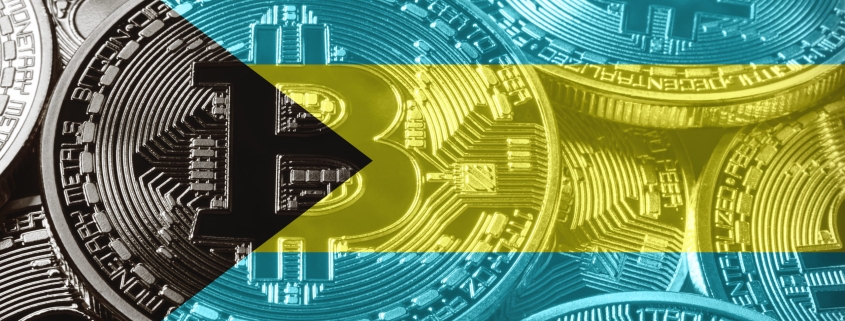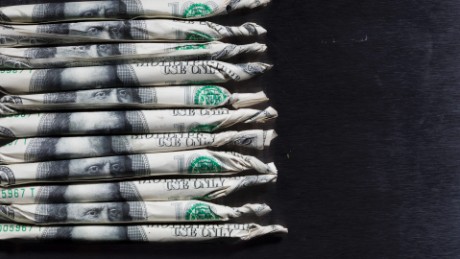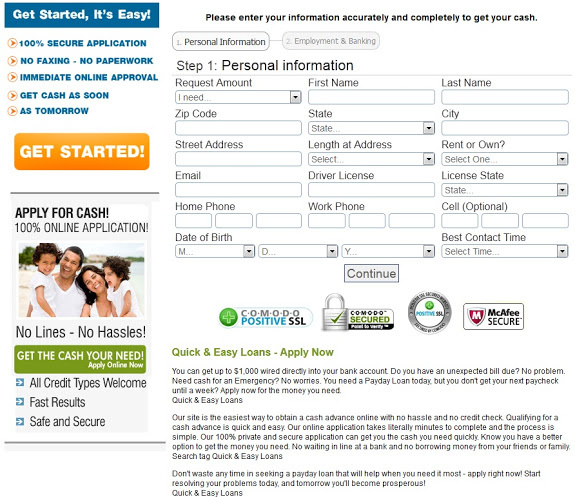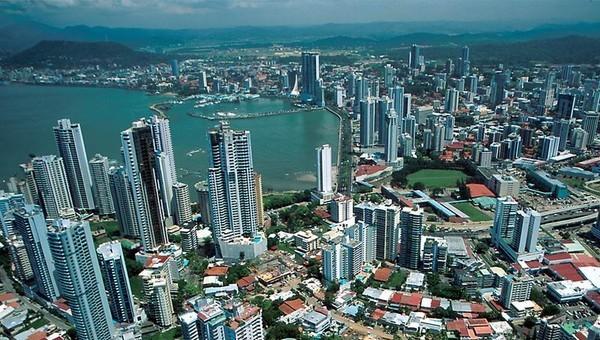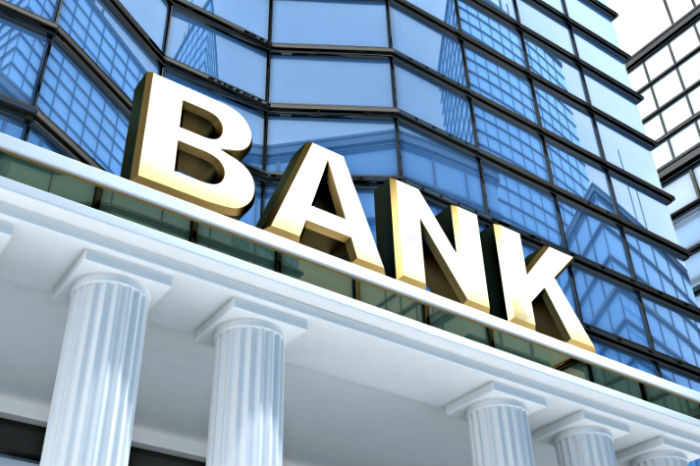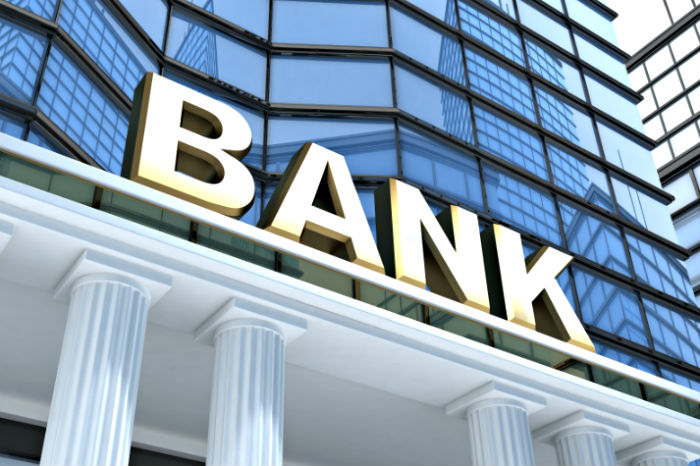Setting Up an International Bank in the Bahamas
In this post, I’ll look at the requirements to set up an international bank in the Bahamas. This jurisdiction is looking to make a comeback after the FTX mess and needs one or two big time successes as soon as possible in the international banking industry.
When I talk about an international banking license, or an offshore banking license, I mean a stand-alone bank that offers services to persons and companies outside of the Bahamas. Of course, there are many big banks with licenses in the Bahamas, but these are typically booking centers for tax efficiency and not fully operational banks.
In the following on setting up an international bank in the Bahamas, I’ll first pontificate on the industry in general and then some history of the island. I will end with my thoughts about setting up a bank in the Bahamas, including capital and other considerations.
Banking Industry in Bahamas
The offshore or international banking industry in The Bahamas is an important part of the country’s financial sector. Here’s an overview of the industry. There are links to the Central Bank’s website below if you would like to do your own research..
The Bahamas has a long history of being a prominent offshore banking hub. Its popularity is partly due to its political stability, strategic location, and favorable regulatory environment. The country has also made efforts to comply with international standards on transparency and information exchange.
The banking sector in The Bahamas is regulated by the Central Bank of The Bahamas. The regulations are designed to conform with international best practices while also encouraging growth in the sector. The Bahamas has worked to align its regulatory practices with international standards, including the requirements set out by the Basel Committee on Banking Supervision and the Financial Action Task Force (FATF).
Banks in The Bahamas can be categorized into two main types:
- Domestic Banks: These provide banking services to residents and are involved in the domestic economy.
- International Banks: These mainly serve non-residents and are often referred to as offshore banks. They can be further subdivided into Restricted and Unrestricted Licensees. Restricted banks typically serve a small client base, while unrestricted banks offer full banking services to international clients.
There are dozens of international banks licensed in The Bahamas. It is still relatively small compared to Puerto Rico with 60 international banks operating on the island. The Central Bank of The Bahamas regularly publishes a list of licensed financial institutions on its website, and this would be the best source for the most current information.
The offshore banking industry in The Bahamas has faced challenges in recent years due to increased international scrutiny, demands for transparency, and pressure to comply with international tax and anti-money laundering regulations. However, the country’s commitment to maintaining a reputable and compliant jurisdiction has led to opportunities to attract legitimate business.
The Bahamas remains a significant player in the international banking industry, with a favorable regulatory environment and a strategic location. The industry’s success depends on its ability to balance growth with compliance with international standards and regulations. For the most accurate and up-to-date information, it would be advisable to consult the Central Bank of The Bahamas or other authoritative sources.
History of the Bahamas
The history of The Bahamas is rich and complex, shaped by its indigenous cultures, colonization, slavery, and its development as a modern nation. Here’s an overview of the major periods in Bahamian history:
Pre-Columbian Period
The Bahamas was originally inhabited by the Lucayan, a branch of the Taino people who migrated north from Hispaniola. The Lucayan civilization was present in The Bahamas for centuries before the arrival of Europeans, living primarily through fishing, farming, and trading.
European Discovery and Colonization
Christopher Columbus made his first landfall in the New World on an island in The Bahamas, which he named San Salvador, in 1492. Following his arrival, the Spanish began enslaving the Lucayan people, and within 25 years, the indigenous population had been effectively wiped out.
In 1648, English Puritans known as the Eleutheran Adventurers established the first European settlement in The Bahamas. The islands became a haven for pirates in the late 17th and early 18th centuries, with the infamous pirate Blackbeard once calling Nassau home.
British Rule
The Bahamas became a British Crown colony in 1718, which led to the suppression of piracy. The islands became part of the British Empire’s slave trade, with plantations developing around the cultivation of cotton and other crops. After the American Revolution, many British Loyalists moved to The Bahamas, bringing enslaved Africans with them.
Slavery was abolished throughout the British Empire in 1834, leading to a transition in the Bahamian economy. The Bahamas continued as a British colony, with the economy shifting towards sponging, fishing, and later tourism.
Path to Independence
The movement towards self-government began to gain momentum in the mid-20th century. In 1964, The Bahamas achieved internal self-governance, with Britain retaining control over foreign affairs and defense.
The Progressive Liberal Party (PLP), led by Sir Lynden Pindling, played a significant role in leading the country towards full independence. On July 10, 1973, The Bahamas became an independent nation within the Commonwealth, with Pindling serving as the first Prime Minister.
Modern Era
Since independence, The Bahamas has developed into a prosperous country, largely thanks to its tourism industry, which is one of the main pillars of the economy. The country’s strategic location and favorable tax laws have also made it a significant financial hub.
Challenges in the modern era include managing economic dependencies, environmental sustainability, and addressing issues related to inequality and social development.
Setting Up an International Bank in the Bahamas
Building a new international bank in the Bahamas would be an amazing opportunity. It would require negotiating with the government and regulators on banking, restoring Bahama’s reputation, and building a bank that is “too big to fail.” The montra from regulators at the new players such as BVI and Bermuda is, don’t fail like Bahamas did with FTX.
Here are my thoughts on banking jurisdictions today: Banking Jurisdictions
One note on banking licenses: When I refer to an international bank license, I mean a bank that is doing business with persons and companies outside of its licensing jurisdiction. Also, I do not include international licenses that are owned by large banks which operate them as booking centers. Finally, I do not include restricted licenses, otherwise referred to as Class B international or Captive Bank licenses.
- You can see the list of banks here. The vast majority are not international banks operating from the Bahamas.
With all of that said, Bahamas needs a new international license to launch that will be a success. They need one that has excellent management, a big time core system, respected compliance programs, and one which is very well capitalized. Short term success from a jurisdictional perspective would then be defined as securing a quality correspondent banking relationship and operating within the Basal III requirements for 2 years. This would go a long way in repairing prior reputational damage.
– Here is my post on banking core systems: Core Systems 2023
When I say, “too big to fail,” I mean that the Bahama’s need a new bank that will be successful as defined above. If the next new bank fails, the jurisdiction’s reputational damage will be significant. Even though I hype Bermuda, this is the concern on that island… the fact that Jewel Bank has not yet launched and competitors like FV in Puerto Rico and XAPO in Gibraltar are doing very well.
This also means that, while we’re building the bank, we would need to do CPR in the press for the financial industry in the Bahamas. We need as many articles talking about the launch of the new bank and how Bahamas is making a compliance and regulatory comeback as possible. The purpose for us would be to help our future correspondent bank requests and preemptively answer questions that regulators and bankers will have.
I note that Bahamas is operating under Basel III and is as close to a European banking standard as you will find in the Caribbean. You can see their operating capital requirements here (primarily Tier 2 capital data).
The Basel III standards, which were phased in through 2021, include a minimum total capital ratio of 8.0% of risk-weighted assets, a tier 1 capital ratio of 6.0%, and a common equity tier 1 ratio of 4.5%, but this can vary by the type of license. Most of these regulations were updated in 2022.
I expect that Initial paid-in capital will be $10m, even though the applicable law, issued in 2005 and revised in 2013, says $5m. Then I expect the startup budget to be at least $1m. Therefore, your startup capital will be at least $11m to apply for a new international banking license in the Bahamas.
In general, the requirements to apply for an international banking license in The Bahamas are as follows:
- Minimum capital: The minimum capital requirement for an international bank is USD 10 million.
- Fit and proper: The Central Bank of The Bahamas will assess the fitness and propriety of the applicant’s directors, senior management, and shareholders.
- Business plan: The applicant must submit a business plan that outlines the bank’s proposed business activities, risk management framework, and compliance procedures.
- Governance: The applicant must establish a sound corporate governance structure that includes a board of directors, a risk management committee, and an audit committee.
- Compliance: The applicant must comply with all applicable laws and regulations, including the Anti-Money Laundering and Counter-Terrorism Financing Act.
- The Central Bank of The Bahamas may also require the applicant to meet other requirements, such as having a physical presence in The Bahamas and having a certain number of employees.
For more information on the requirements to apply for an international banking license in The Bahamas, please refer to the following documents on the Central Bank’s website:
- The Banks and Trust Companies Regulation Act, 2000
- The Central Bank of The Bahamas Act, 2000
- General Information and Guidelines for Licence Applications for Banks and/or Trust Companies
Note that you would be applying for a Stand Alone Public License to operate as a Bank under the Bahama’s parlance.
If the above is of interest, you can contact me at info@premieroffshore.com for more information and a quote to set up a new international bank in the Bahamas.

